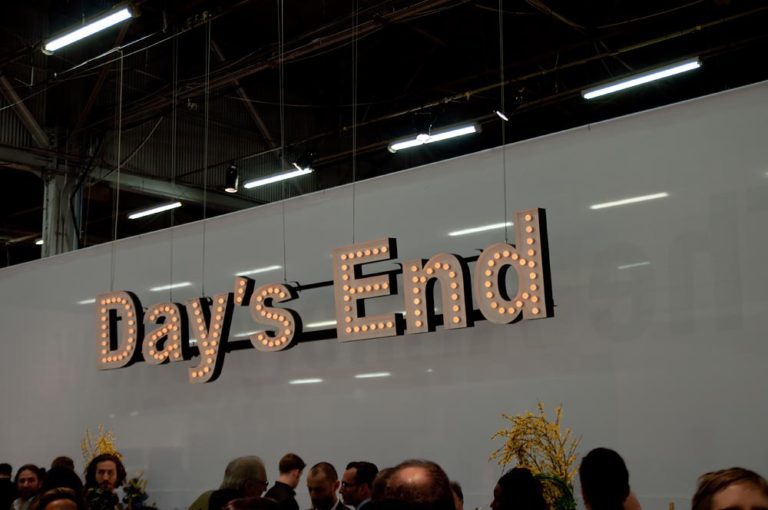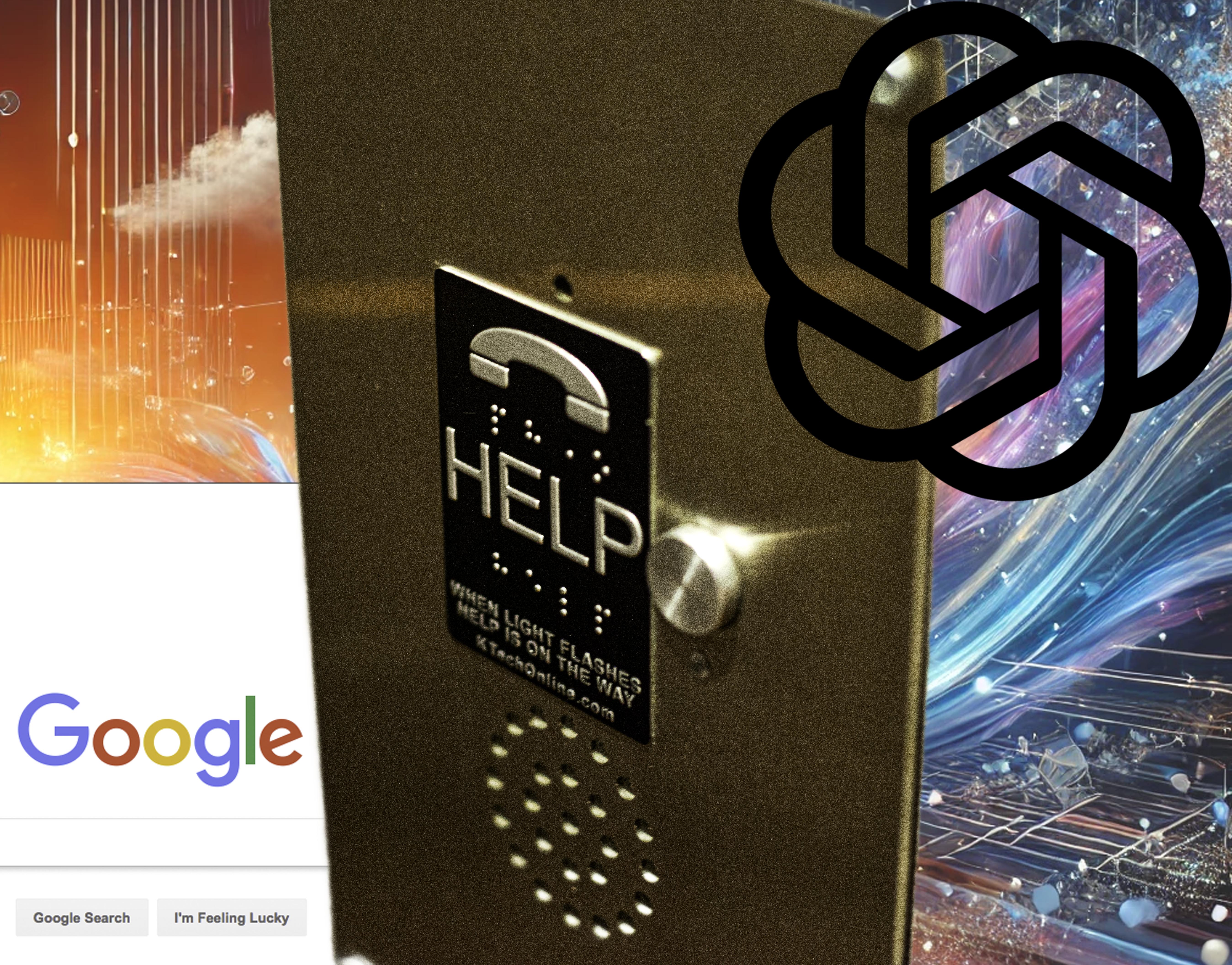Last Updated on August 10, 2023 by Steven W. Giovinco
National Gallery Canceled Chuck Close and Photography Show
The #MeToo movement hitting the art world (finally), what are museums and galleries doing? We know what one did–they canceled shows.
The New York Times reported that the National Gallery of Art canceled a planned Chuck Close exhibition because of sexual misconduct accusations. They also stopped a show by photographer and ex-professor, Thomas Roma, who was reported by the New York Times to have allegedly sexually harassed previous students.
For Chuck Close, who calls the allegations lies and not true, about two dozen paintings, photos, and works on paper were to have been shown in the National Gallery’s East Building.
For Thomas Roma, photographs from his series, “Come Sunday,” which focused on African-American church worshipers in Brooklyn, were rescinded. So far, it has been unusual to cancel an art exhibition. But the National Gallery has taken a stand.
What Should Museums Do?
Will institutions, foundations, and art galleries follow by altering their exhibitions or feel pressure to drop artists due to sexual harassment allegations? If not, will it impact their–the institution’s–reputation?
At this moment, no others have changed their plans. A Chuck Close painting at the Metropolitan Museum of Art is still on view. To a certain degree, art has separated itself from the artist’s actions. Picasso is a known mistreater of woman; Carl Andre, the minimalist sculpture possibly contributed to his wife Ana Mendieta’s fall from their apartment window to her death (he was acquitted of second-degree murder charges).
In other creative industries, of course, we know what happened. Weinstein is out, and possibly started the fall of others, and now Woody Allen is under scrutiny, as is Roman Polanski.
Art Institution’s Reputation Could Tarnish Quickly
But given these new times, the art world’s reputation could tarnish quickly. Art galleries could feel pressure to stop working artists, and more shows could be canceled. Social media-fueled campaigns could be aimed at art institutions to stop working with these artists. So what should a museum, foundation, or gallery do? Here are three options on how to move forward.
1. Cut Ties
One thought is to get ahead of the problem and cut ties now. If an artist truly did reprehensible acts, stop it now. Bail and avoid literally or figuratively enabling bad behavior by showing or selling their work. This will save the art gallery or institution’s online and offline reputation and is just the right thing to do.
2. Plan Strategy
Second, if there is doubt about the possibility of an artist’s allegations, think defensively. Plan a strategy of what to say or do if questions come up and consider working with a professional PR agency or reputation management firm that can help.
3. Build Online Reputation
Third, if you know there are potential allegations that are completely untrue, or if there are none on the horizon, build a strong online reputation. This does two things: if negative articles come out, they will be buffered by positive (and true) pieces, and they also show the artist and the gallery, foundation, or museum as having a positive and trustworthy reputation.
How to Create a Good Online Reputation
- Constantly share artists’ images on Facebook and Twitter.
- Be very active on Instagram.
- Write blog posts about newsworthy developments.
- Be sure your website is up-to-date and is optimized for searches.
- Create a Wikipedia article about the artist and art institution.
- Be continuously active on social media and others tasks.
So, as the #MeToo movement comes to the art world, most immediately with the Nationally Gallery canceling two shows of alleged sexual misconduct or harassment, others could quickly follow. Galleries and museums should be ready to pull the plug on these artists if the allegations appear legitimate, or risk damaging their online and offline reputations.
Related posts:
- Need to Know More About Online Reputation Management? Available for Talks, Lectures, Seminars
- How to Use Online Reputation Management to Gain and Retain Clients
- An App to Protect Your Online Reputation? Well, Sort of: a Look at Snapchat, an Anti-Sexting Tool
- Online Reputation Management for Hedge Funds



